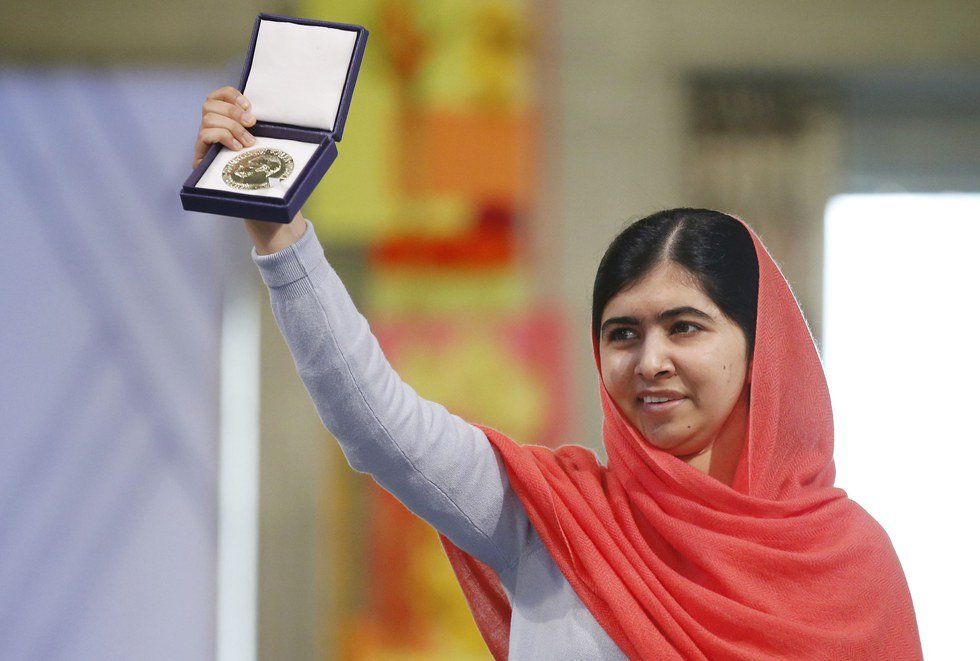Recently, the 2016 Nobel Prize winners were announced, and it created quite the stir (with good reason, too). This year, out of the 11 prizes that were awarded, not a single one of the prizes went to a woman. This is a bit of an outrage because the previous two years had two female winners a piece. Two! The last year there were no women was 2012. We had come so far. This year, however, we have gone backward. Not that this is a huge surprise -- the award’s history definitely favors one gender over the other.
Scarily enough, a mere five percent of Nobel Prizes have gone to women. That’s 49 women out of 874 total prizes. Impressive for us ladies, huh? Now, you may be saying, 'Hey lady, maybe women just didn’t do anything as impressive as the men this year.' Sure, I could understand that (I couldn’t at all, but for argument’s sake), but it doesn’t quite work that way. For one, the 2016 winners are typically awarded from the calendar year of 2015. However, this year’s winner in medicine was awarded for research done in 1990. So evidently, any great discovery of the past 25 years should be up for an award. So if you try to tell me that no women has done anything great in the past 25 years, you’re just plain wrong.
Now, some argue that the Nobel Prize is typically awarded at the end of a recipient’s career, or when their work is complete. The theory is there simply weren’t any women that the prize would have made sense for. I suppose this could make sense, but then again, shouldn’t an award granting foundation be giving awards to the people who are doing the work now, for future generations, to encourage innovation and progress? I suppose that’s nobody’s call but the foundation’s, but it certainly doesn’t help matters.
No matter what the reasoning, the backward nature of this year’s Nobel Prize winners creates a further divide of women and men in the STEM fields. Another statistic shows that half the women that have been awarded a Nobel Prize have been awarded the prizes for Literature and Peace, which are also considered the “soft prizes” because they’re not as technical as the others. There’s the issue here. Society seems content in believing that women are not scientific scholars, and we do not have to reward them as so. Although Nobel is a huge institution -- one that should be helping women gain a foothold in the STEM fields -- it also starts with society.
We as a culture need to recognize women’s abilities to make scientific breakthroughs and discoveries in addition to making important works of literature and helping facilitate peace.





















